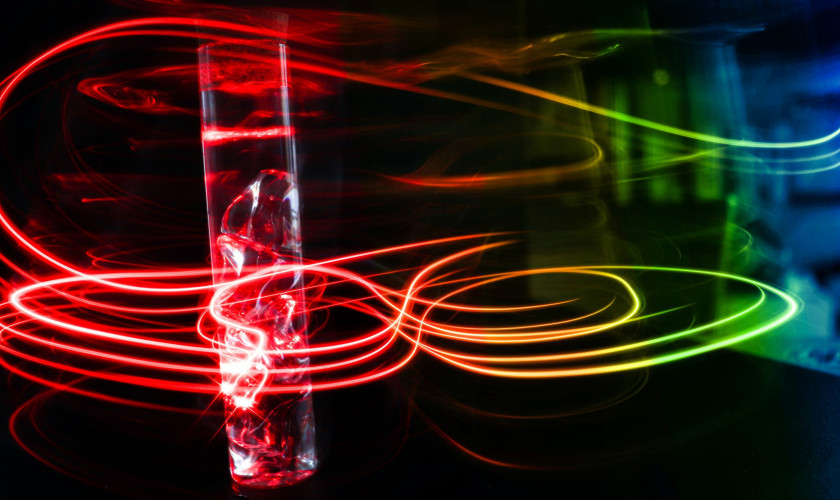One of the key topics of our group is to understand the atomic-scale processes behind the wear of electrocatalysts, and to use this insight for the design of durable electrochemical systems.
This issue is particularly pressing for electrolyzers and fuel cells, where the highly corrosive operating conditions cause dissolution of the electrocatalysts.
In this project, you will track the stability of electrocatalysts in order to understand how electrocatalyst dissolution can be controlled via the catalyst structure and the operating conditions. Throughout the project, you will have the opportunity to learn about electrochemical measurement techniques as well as spectroscopic methods such as Raman spectroscopy, ICP-MS, and X-ray photoelectron spectroscopy. For 2-semester projects, in situ spectroscopy measurements (following the structure of the catalyst during operation) can also be included.
- The project runs from 1 September 2025 - 31 August 2029.
- The project is available in the Fall and Spring semester.
- Number of placements available: 1 per semester.
Prerequisits
- High-level undergraduate student.
- Minimum GPA 3.4
- Basic knowledge of chemistry/laboratory work.
Faculty Department
Faculty of Science / Leiden Institute of Chemistry
The Leiden Institute of Chemistry (LIC) is organized around two major research areas: Chemical Biology and Energy & Sustainability. Our research group contributes to the latter. In the area Energy & Sustainability, research is focused on chemical reactions of importance to making sustainable chemicals and the efficient storage of renewable energy. Please check our website for information on our research activities relating to catalysis and surface science.

